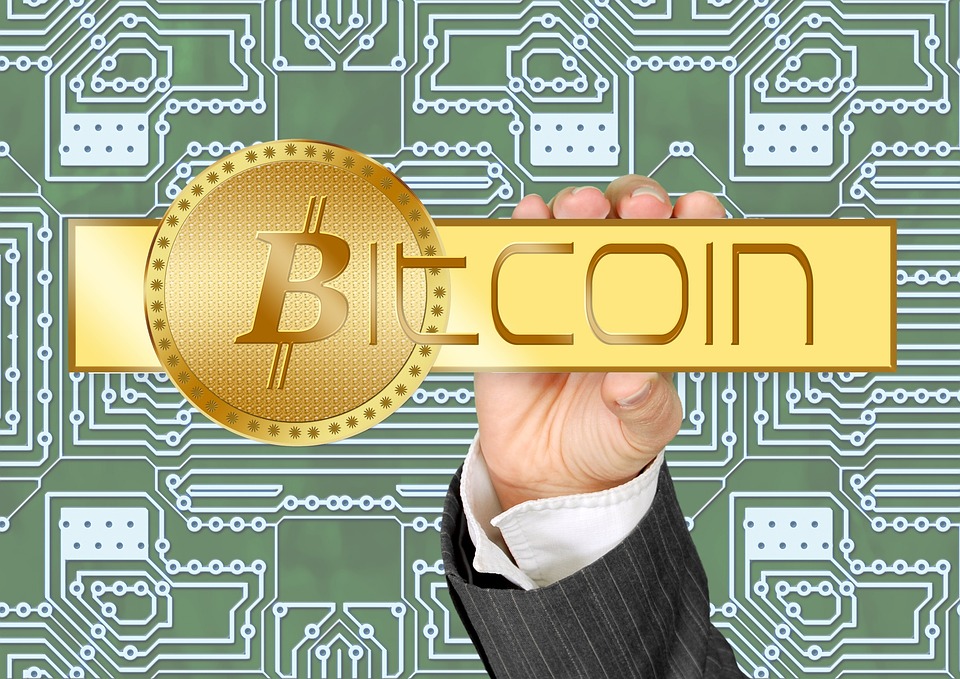The term "smart contract" often conjures images of cryptocurrencies and futuristic technologies, but beyond the realms of Bitcoin and Ethereum, these self-executing contracts are making their mark across various sectors. In essence, smart contracts are lines of code deployed on a blockchain that automatically enforce and execute the terms of a contract when predetermined conditions are met. While you may be familiar with the basics of smart contracts, this article will explore five innovative applications that might surprise you.
1. Supply Chain Management
One of the most impactful applications of smart contracts can be found in supply chain management. Traditional supply chains are often convoluted and fraught with inefficiencies, delays, and lack of transparency. Smart contracts provide a solution by automatically executing actions based on data inputs from IoT devices. For example, a smart contract could automatically trigger a payment to a supplier when sensors confirm that goods have been delivered to a distribution center. This increased transparency minimizes disputes, enhances operational efficiency, and can significantly reduce costs related to auditing and compliance.
2. Real Estate Transactions
The real estate industry has been notoriously slow to adopt technology, but smart contracts are changing the game. By eliminating the need for intermediaries like brokers and escrow agents, smart contracts can streamline the entire property buying process. With a smart contract, once the buyer’s funds are verified and the property title is confirmed, ownership can automatically transfer to the buyer upon payment. This reduces the time it takes to close a sale, decreases the associated costs, and mitigates the risk of fraud since the blockchain serves as an immutable ledger of property ownership.
3. Decentralized Autonomous Organizations (DAOs)
Smart contracts have paved the way for Decentralized Autonomous Organizations (DAOs), radically changing the paradigm of organizational governance. DAOs operate according to rules encoded as smart contracts on a blockchain, allowing for decentralized decision-making. Stakeholders can propose changes, vote on issues, and manage funds in a way that is transparent and tamper-proof. This has far-reaching implications for governance in non-profits, enterprises, and community initiatives, enabling collaborative engagement without the need for a central authority.
4. Healthcare Record Management
In the healthcare sector, maintaining patient privacy while ensuring easy access to medical records is a complex challenge. Smart contracts are addressing this issue by providing a secure way to store and share health data. A smart contract can grant access permissions to healthcare providers, researchers, or patients themselves, ensuring that only authorized parties can view sensitive information. Additionally, since the data is stored on a blockchain, it is immutable and can be easily audited, making it easier to comply with regulations like HIPAA.
5. Royalty Distribution for Creators
The entertainment industry has long struggled with complex royalty distribution agreements for musicians, filmmakers, and other content creators. Smart contracts can streamline this process significantly. By automatically distributing royalties based on predefined agreements encoded in the smart contract, creators can receive their payments immediately when their work is consumed or sold. This technology can help eliminate intermediaries, reduce delays, and ensure that creators are fairly compensated for their work in real time, all while providing transparency to all stakeholders involved.
Conclusion
As smart contracts continue to evolve, their potential applications extend far beyond what many initially envisioned. From transforming supply chains and real estate transactions to enabling decentralized governance, protecting patient data, and ensuring fair compensation for content creators, the use cases are diverse and revolutionary. These breakthroughs highlight the importance of embracing blockchain technology not just as a tool for digital currency but as a powerful platform for innovation across industries. As more organizations begin to harness the capabilities of smart contracts, it is certain that we will continue to witness a transformative shift in how business is conducted and transactions are managed.




